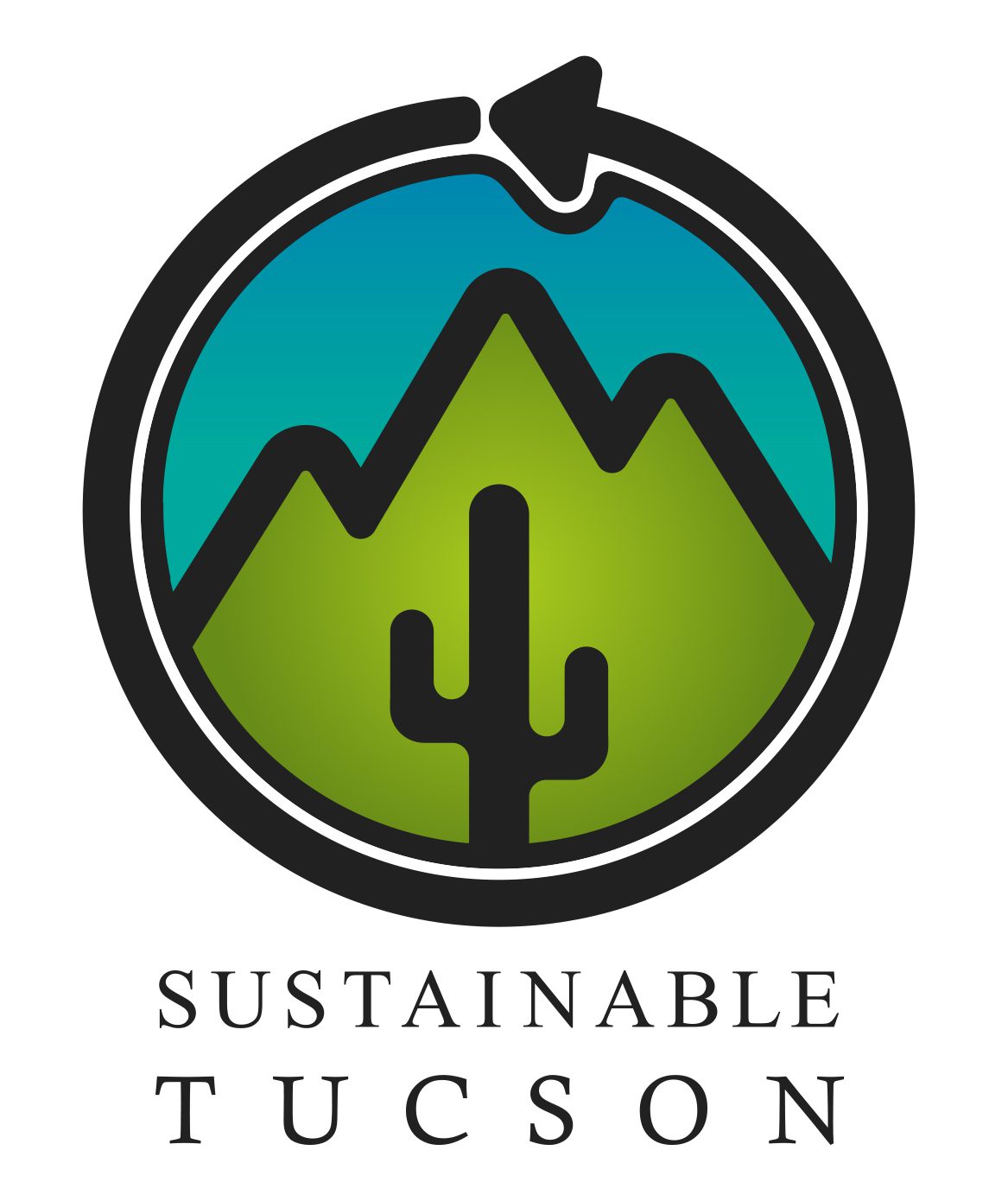Tuesday, June 13 at 6:00pm

As public concern grows about the plastic waste crisis, the petrochemical and plastic industries are promoting a suite of environmentally troublesome technologies that they misleadingly call “chemical recycling” (also known as “advanced recycling”) as a solution to the crisis. Chemical recycling isn’t really recycling at all. This supposed cutting-edge technology most often involves turning plastic into fuel. Here in Tucson, the Environmental and General Services Department has solicited seven project ideas for turning plastic or mixed waste into gaseous and/or liquid fuels that will be burned, using pyrolysis and gasification systems. The Department is also studying two proposals that would turn discarded plastics into chemical feedstocks to make new plastic.

Chemical recycling represents a dangerous false solution to the plastic epidemic. These high-heat systems most often use plastic materials to generate a limited amount of fuel in a one-time process, destroying them rather than giving them another material use. These processes, which are energy-intensive, generate greenhouse gases and toxic fumes. Some also produce hazardous waste. Chemical recycling will not solve the plastic waste crisis. What is needed instead are policies that reduce plastic production and waste, particularly single-use packaging.
Join us at our June 13 monthly meeting to learn about the health and environmental hazards of chemical recycling. Our guest speaker will be Dr. Veena Singla, Senior Scientist, People & Communities Program at the Natural Resources Defense Council. Time for Q&A will follow her presentation.

Dr. Singla, who is also an adjunct assistant professor at Columbia University, oversees a program that addresses health disparities linked to harmful environmental exposures. Her research investigates how toxic chemicals and pollution related to systems of materials use, production, and disposal threaten the health of impacted communities.
Dr. Singla currently serves on the U.S. Environmental Protection Agency’s Children’s Health Protection Advisory Committee, the National Toxicology Program Board of Scientific Counselors, the Board of Directors for Clean Production Action, and as associate director for the Agents of Change in Environmental Justice Program.
